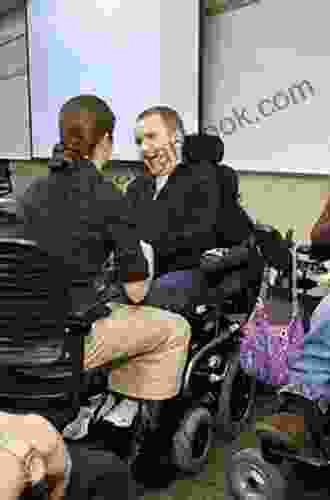
4.6 out of 5
| Language | : | English |
| File size | : | 16441 KB |
| Text-to-Speech | : | Enabled |
| Screen Reader | : | Supported |
| Enhanced typesetting | : | Enabled |
| Word Wise | : | Enabled |
| Print length | : | 100 pages |
| Lending | : | Enabled |
Every dog owner dreams of having a well-behaved dog that reliably returns to them when called, even in the most distracting environments. But how do you achieve this without resorting to punishment or harsh methods? The answer lies in motivation-based training.
What is Motivation-Based Training?
Motivation-based training is a positive reinforcement training approach that focuses on rewarding desired behaviors and building a strong bond between the dog and the trainer. Instead of using punishment or force, this method utilizes treats, praise, and play to motivate the dog to learn and follow commands.
By understanding your dog's unique motivations and tailoring the training experience accordingly, you can create a positive and enjoyable learning atmosphere that fosters cooperation and eagerness to please.
How to Train Your Dog to Come When Called
Teaching your dog to come when called is a fundamental skill that ensures their safety and well-being. Follow these steps to effectively train your dog using motivation-based training:
- Start in a controlled environment: Begin training in a quiet area with minimal distractions, such as your living room or backyard.
- Use a high-value treat: Identify treats that your dog finds irresistible, such as small pieces of cheese, hot dog, or cooked chicken.
- Say your dog's name: Start by simply saying your dog's name in a friendly and encouraging tone.
- Reward immediately: As soon as your dog turns to face you, give them the treat and praise them enthusiastically.
- Repeat the process: Repeat steps 3 and 4 several times, gradually increasing the distance between you and your dog.
- Add the command: Once your dog is reliably turning to face you, start adding the command "come" before saying their name.
- Practice in different environments: As your dog gains confidence, practice the recall command in various environments with increasing distractions.
- Use a long leash: In open areas, you can use a long leash to prevent your dog from running away while practicing the recall.
Tips for Effective Motivation-Based Training
To maximize the effectiveness of your motivation-based training, consider these practical tips:
- Keep training sessions short and positive: Aim for training sessions of 5-10 minutes, ensuring your dog remains engaged and motivated.
- Use a variety of rewards: Different dogs have different preferences, so use a variety of treats, praise, and toys to maintain their interest.
- Be patient and consistent: Training takes time and patience. Repeat commands consistently and avoid getting discouraged by occasional setbacks.
- Avoid punishment: Punishment can damage your bond with your dog and hinder their learning progress.
- Enroll in a training class: Consider enrolling in a professional training class led by a qualified dog trainer to receive expert guidance and support.
Benefits of Motivation-Based Training
Motivation-based training offers numerous benefits for both dogs and owners:
- Stronger bond: By building trust and using positive reinforcement, motivation-based training strengthens the bond between dogs and their owners.
- Increased cooperation: Dogs learn to enjoy training sessions and become more eager to please their owners.
- Improved safety: A reliable recall command ensures your dog's safety in both controlled and uncontrolled environments.
- Reduced stress: Motivation-based training promotes a stress-free and enjoyable learning experience for dogs.
- Increased confidence: As dogs master new skills, their confidence and self-esteem grow.
Unleashing your dog's desire to return to you is a rewarding and essential aspect of dog ownership. By embracing motivation-based training, you can foster a strong bond with your furry friend while ensuring their safety and well-being. With patience, consistency, and a commitment to positive reinforcement, you can teach your dog to come when called, even in the most challenging situations. Remember to always celebrate your dog's successes and enjoy the journey of training and bonding with your beloved companion.


















































































































